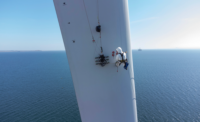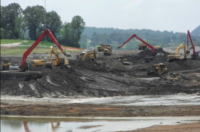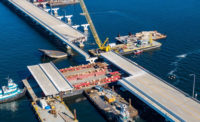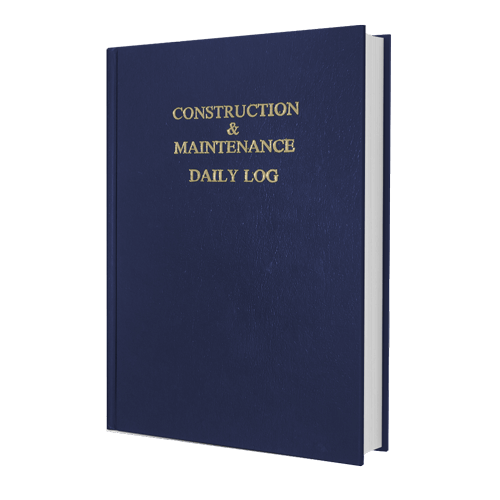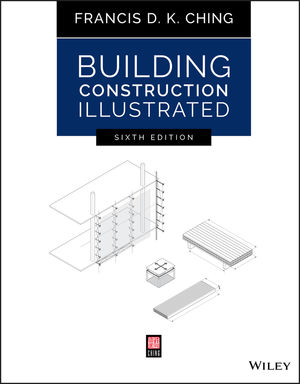Florida Engineers Gain Liability Protection in Storm Damage Inspection
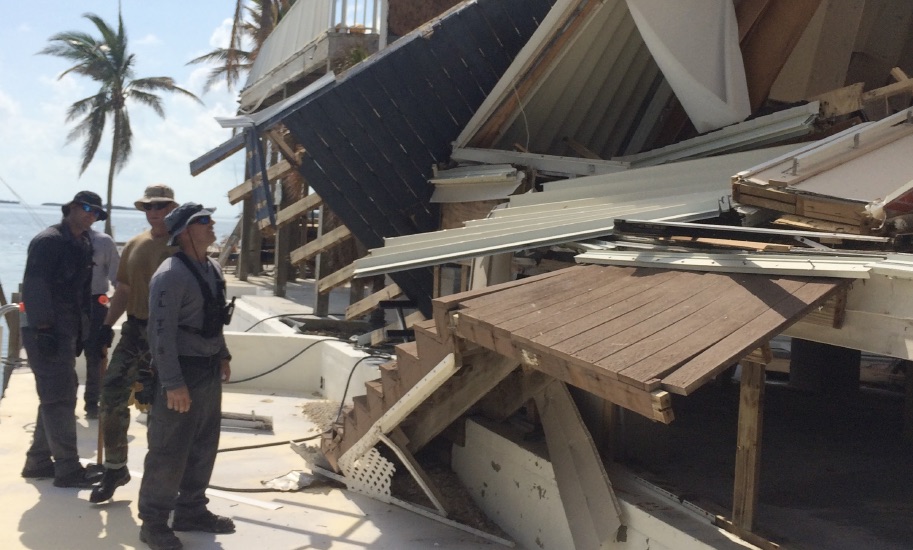
Florida Urban Search and Rescue Task Force 8, based in Marion County, examine a structure in the Florida Keys following Hurricane Irma in 2017.
Photo Credit: Florida Task Force 8.
Florida has boosted liability protections for engineers and other industry practitioners and first responders who volunteer for search, rescue and inspection in natural disasters, under a new law that takes effect on July 1.
The law, signed by Gov. Ron DeSantis on June 16, will exempt engineers, architects and structures specialists from liability for certain voluntary engineering or architectural services provided under certain circumstances. Twenty-five other states have similar laws. New Jersey enacted one after Hurricane Sandy in 2012.
"Because of Florida’s highly litigious environment, since 2017, [the state] has lost 60% of these highly trained engineers who volunteer during disasters to help first responders rescue victims," according to the governor's office. The American Council of Engineering Cos. of Florida and the Florida Engineering Society said that figure as the proportion that have left the state since 2017.
Andrew Schrader, founder of Recon Response Engineering in St. Petersburg, Fla., said engineers and other first responders put themselves at great risk searching for survivors after hurricanes.
“Urban search and rescue is a dangerous undertaking that’s conducted in buildings that are fully or partially collapsed. First responders are exposed to greater dangers when they don’t have an engineer helping them determine the least hazardous means of entry into a collapsed building," he said in a statement. "They shouldn’t be placed in greater dangers than they already are." Schrader is a member of the state’s Urban Search and Rescue task force whose missions have included response to Hurricane Michael in 2018 and Hurricane Dorian in 2019.
The bill, sponsored by Sen. Jennifer Bradley, sets liability limits for voluntary engineering or architectural services to ensure the state has enough urban search and rescue structures specialists to help first responders during declared disasters.
“With hurricane season upon us, this new law will help ensure Florida has enough structures specialists during declared disasters to help first responders safely enter and navigate collapsed buildings to rescue victims,” said Allen Douglas, executive director of Florida's ACEC chapter.
Jonathan W. Milton, president of Milton Engineering Consultants in Stuart, Fla., said the bill is important since hurricane seasons “are becoming more intense and storms are more frequent.”
He added, “It’s important for Florida to be proactive and ensure that we have the Urban Search and Rescue Structures specialists needed to aid and protect first responders entering collapsed structures in search of life. It’s just common sense.”
According to the National Oceanic and Atmospheric Administration (NOAA), Hurricane Michael was the most recent to come ashore in Florida, in October 2018. The 2021 forecast calls for a mild hurricane season, according to NOAA.
Hurricane season is June 1 through Nov. 30, and peaks in August and September.

